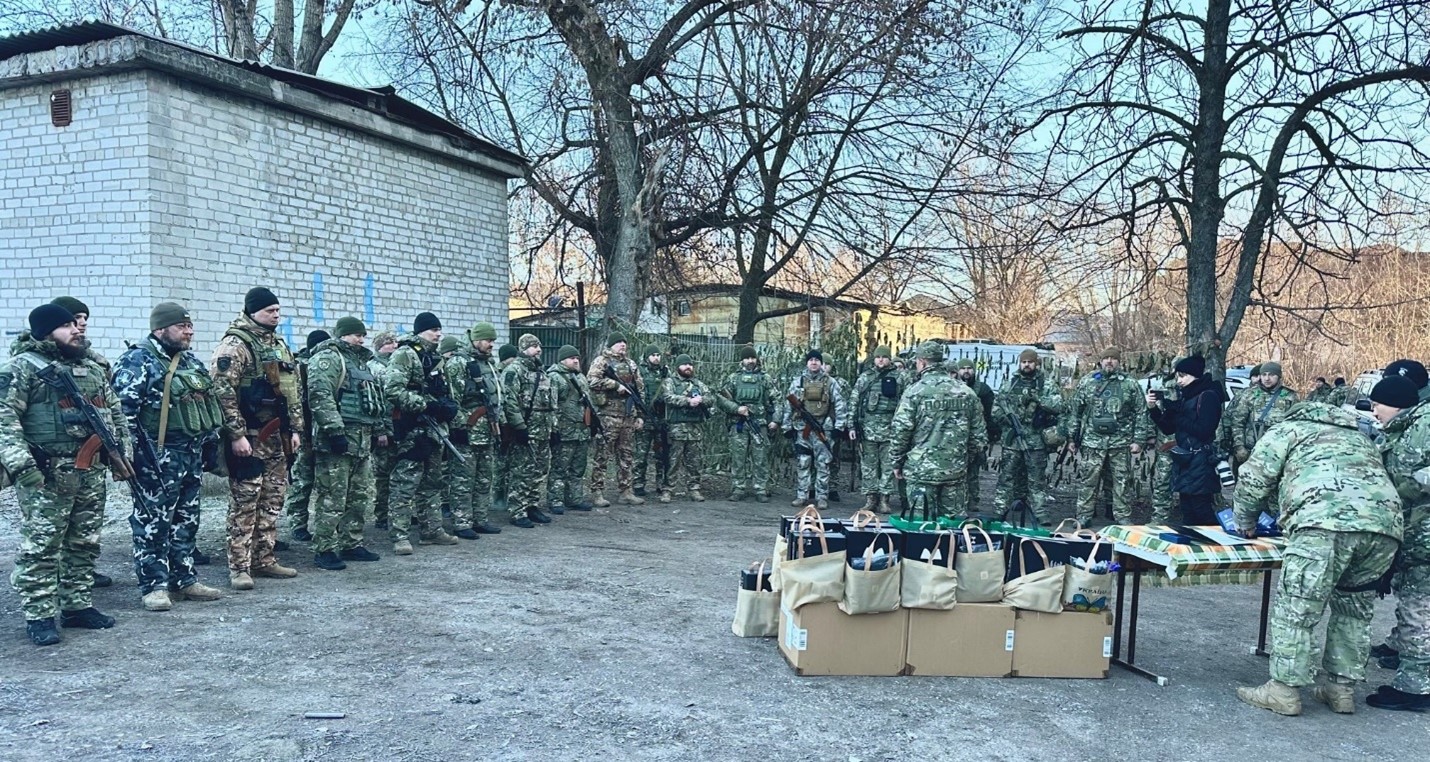|
February 18, 2023 Will prosecution of officers for unintended deaths lead to new pursuit policies?
PERF members, A Louisiana police officer was recently charged with two counts of negligent homicide after a December 2022 incident that left two teenagers dead. According to the prosecutor, the officer had been pursuing a stolen vehicle at high speed through a red light when he crashed into another car; two high school students lost their lives. And two Washington, DC police officers were convicted in December of crimes connected to an unauthorized pursuit in October 2020 that ended in a young man’s death; the officer driving the car was convicted of second-degree murder and faces up to 40 years in prison. These cases are signs of changing times. We’ve all seen the people fleeing from police officers charged with homicide-related crimes when pursuits end in deaths, but charging the officers themselves is new and should lead more agencies to take a hard look at their pursuit policies. The last two decades have seen a marked increase in police agencies’ adoption of strong policies limiting pursuits, and with good reason. A former sheriff likened pursuits to “playing Russian Roulette with a 4,000-pound bullet fired down the street.” The precise number of fatalities linked to police pursuits is unknown due to lax reporting requirements, but estimates place the toll at around 320 deaths annually. And those deaths aren’t limited to the people being pursued. Each year, passengers in cars being chased, innocent bystanders, and police officers themselves are killed, and far more are injured, in pursuit-related collisions. In light of this grim reality, a number of agencies now limit pursuits to circumstances involving only the most serious crimes, determining that the risks are too great to justify the potential reward of apprehending all but the most dangerous subjects. Policies like those in New Orleans, Cincinnati, and Washington, DC leave little discretion to officers about when they are authorized to chase a vehicle. These types of restrictive policies can save lives and reduce a municipality’s potential civil liability, but they are most common among larger agencies; 80 percent of the nation’s 17,500 state and local law enforcement agencies have fewer than 50 members. Many of these smaller agencies don’t clearly define when officers can and can’t pursue, and until this changes I fear we’ll continue to see tragic consequences. Implementing good pursuit policy makes sense on its own terms because cops need to know what is expected of them. But it’s even more important now that more prosecutors are bringing charges against officers who engage in pursuits they consider unreasonable when the pursuit ends in death. Other recent examples include:
As these tragic cases progress through the legal system, it will be important to learn: Did the agencies have pursuit policies in place and, if so, how did the involved officers violate them? Had the agencies made clear to their officers that violating those policies would result in penalties regardless of whether a collision took place? What relevant training had the officers received? Had the officers been involved in prior, avoidable vehicular incidents? Also, while we have anecdotal evidence that implementing restrictive policies leads to fewer deaths and that reversing those policies yields the opposite result, more research is needed on how pursuit policies affect both public safety and fatal or injurious outcomes. Professor Geoff Alpert of the University of South Carolina has conducted extensive research in this area but would be the first to acknowledge the need for more. Pursuit policies need to provide clear guidance about when officers are allowed to pursue, when they aren’t, and when a pursuit should be abandoned. And it doesn’t end with the policy: officers must be trained, and the agency’s expectations clearly and repeatedly conveyed, before the adrenaline of an encounter kicks in. In the words of the prosecutor in the Louisiana case, “If it involves putting human life in danger, stop the damn pursuit. It’s just not worth the risk.” Through a project with the COPS Office and NHTSA, PERF convened and has been working with a national working group to develop guidance for agencies on pursuit policy. Look for its release in the coming months.
Update from Ukraine My friend Howard Buffett, whose foundation’s generous donation made it possible for PERF to provide Under Armour boots and ColdGear to police in Ukraine, recently returned from Ukraine. He sent me this picture he took of General Andrii Nebytov of the Kyiv Regional Police distributing these boots and clothes to police officers stationed in eastern Ukraine.
Our thoughts continue to be with the police in Ukraine as they operate under unthinkable circumstances, including continued Russian missile strikes and the recent death of Interior Minister Denys Monastyrskyi, who was responsible for the police and emergency services. General Ihor Klymenko, formerly head of the National Police of Ukraine, is now serving as Interior Minister. Best, Chuck |

